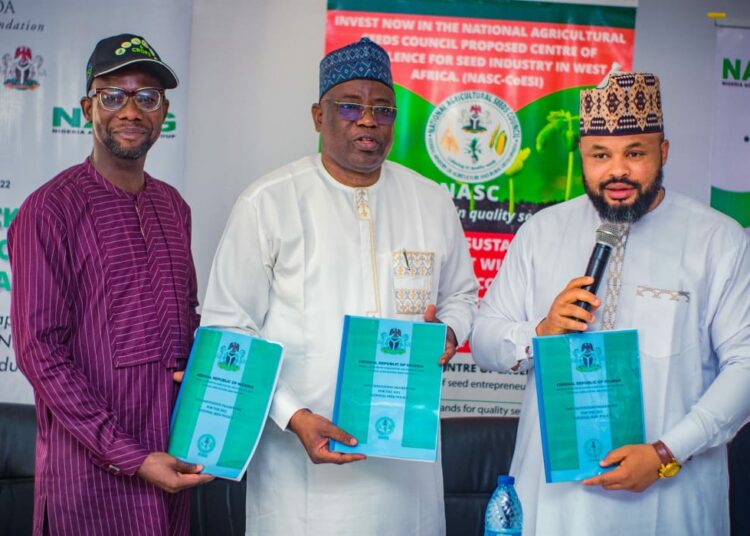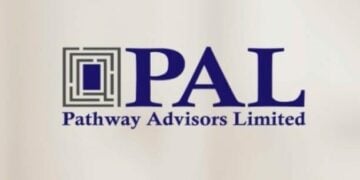In a bid to enhance food security and transform Nigeria’s agricultural sector, stakeholders have unveiled an updated Seed Policy Implementation Framework, designed to improve seed quality and foster innovation in the seed industry.
Speaking at the policy review meeting in Abuja, the director general of the National Agricultural Seeds Council (NASC), Dr. Ishiak Khalid, highlighted the importance of collaboration in driving the initiative.
“This event underscores the spirit of collaboration—what we call brotherhood in the African context. We have come together to ensure that this policy is not just a document on a shelf but a tool for transformation,” Dr. Khalid said.
The revised policy, initially developed in 2017 and reviewed by a team led by Professor G.B Ayoola, integrates technological advancements such as hydroponics and aeroponics. It also addresses challenges related to seed certification, quality assurance, and international seed standards.
Dr. Khalid emphasised the need for modernisation, stating, “Innovations like lab-based seed production and third-party certification will reduce costs and enhance efficiency.”
The review process involved extensive consultations with a wide range of stakeholders, including traditional rulers, seed entrepreneurs, and industry experts. The updated framework aims to address contemporary issues such as funding gaps and inadequate penalties for seed-related offenses.
Dr. Khalid commended the Nigeria Agribusiness Group (NABG) and HarvestPlus for their roles in bridging funding gaps and facilitating stakeholder engagement.
“Their patriotism and commitment to Nigeria’s agricultural growth have been remarkable. This aligns perfectly with Mr. President’s vision of ensuring that no Nigerian goes to bed hungry,” he said.
The framework lays out a clear roadmap with action plans, estimated budgets, and timelines to ensure the policy’s effective implementation. It also seeks to increase farmers’ access to certified seeds, strengthen private sector involvement, and boost food security nationwide.
Director general of NABG, Jafar Umar expressed optimism about the framework’s potential, describing it as a game-changer.
“Without an implementation framework, the policy would have remained on the shelves. This document ensures tangible action,” Umar said, praising stakeholders like HarvestPlus and the Agricultural Research Council of Nigeria (ARCN) for their input.
Recounting his personal experience with poor-quality seeds, Umar stressed the importance of educating farmers about seed quality, traceability, and certification.
He also highlighted the framework’s incorporation of advanced technologies and its focus on nutritional benefits through biofortified crops.
NASC’s director of Seed Information and Capacity Building, Dr. Towolawi Oluwole reflected on the policy’s rigorous revision process.
He commended NABG for stepping in after the initial sponsor withdrew, ensuring the successful development of the framework.
“The next step was creating an implementation framework to ensure the policy does not remain just a document gathering dust,” Dr. Oluwole stated.
The meeting concluded with the formal handover of the policy document, which stakeholders described as comprehensive and actionable.
Dr. Khalid expressed optimism about the future of Nigeria’s seed industry, saying, “This is just the beginning of a robust partnership that will drive growth in the seed industry and secure our nation’s food supply.”
With the framework set for rollout, they have pledged their commitment to its success, emphasising that it is not just a NASC initiative but a collective responsibility to transform Nigeria’s agricultural landscape.





